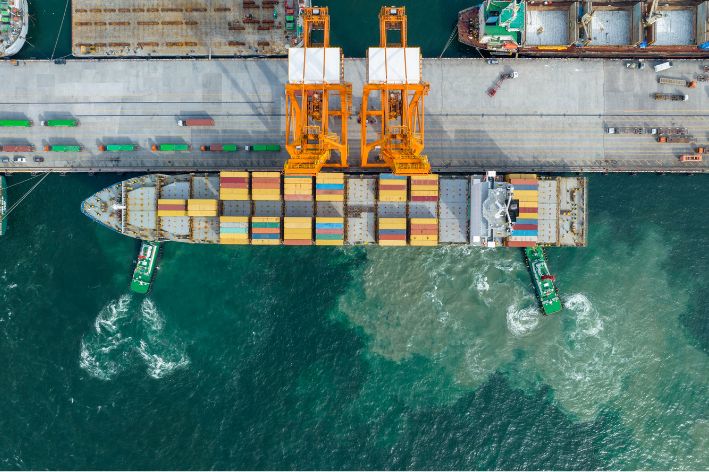The regions represented by the Conference of Peripheral Maritime Regions (CPMR) Baltic Sea Commission form an international, independent network of regional authorities from across the Baltic Sea. Committed to the objectives of the EU Strategy for the Baltic Sea Region (EUSBSR), the Commission advocates for greater regional involvement in the strategy’s implementation.
Aligned with the EUSBSR’s objective to “Connect the Baltic Sea,” the CPMR Baltic Sea Commission has released a position paper titled “Strong EU support for transport in the Baltic Sea Region in the next EU budget post-2027 to boost EU competitiveness, resilience, and security.” The paper outlines the urgent challenges facing the region – including disrupted logistics, supply chain vulnerabilities, and growing geopolitical instability following Russia’s aggression against Ukraine – and calls for targeted EU action in the upcoming budgetary cycle.
In particular, the CPMR Baltic Sea Commission:
- Urges the European Commission to account for the altered geopolitical landscape when designing future EU transport and cohesion policies, as well as their corresponding financial frameworks.
- Stresses the strategic need for EU financing of dual-use and military mobility infrastructure across the Baltic Sea Region. Improving military mobility is key to strengthening Europe’s resilience, in line with the White Paper for European Defence – Readiness 2030, ensuring rapid and secure troop movement across the region and enhancing connections both within the Baltic and with the rest of Europe.
- Calls for increased investment in transport infrastructure linking the European Arctic to the broader European network, essential for securing supply chains, enabling a clean energy transition, and supporting military readiness.
- Highlights the importance of continuing EU support for early-stage planning of transport infrastructure projects—both cross-border and nationally significant ones—particularly those with strong integration potential within the TEN-T network.
- Advocates for dedicated EU funds to support Sustainable Urban Mobility Plans, multimodal passenger hubs, freight terminals, and enhanced connectivity of ports and airports—all vital for EU competitiveness and regional security.
- Supports interim solutions that improve travel chains and connectivity during the planning and development of large-scale cross-border infrastructure projects such as tunnels, bridges, and rail links.
The recommendations set out in the position paper offer timely and practical input for the revision of the EU Strategy for the Baltic Sea Region. They also contribute meaningfully to the broader policy debate on the future of EU Cohesion Policy beyond 2027, grounding it in the real needs and experiences of regional actors.
